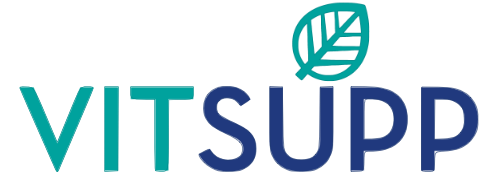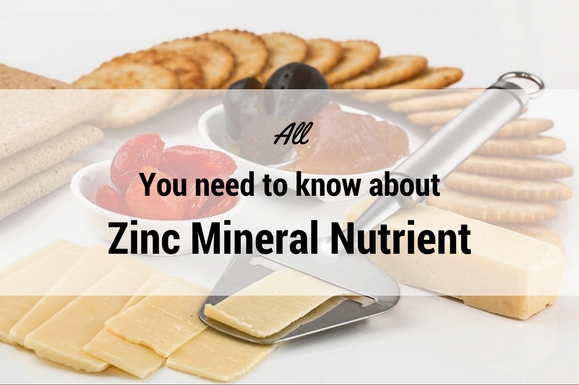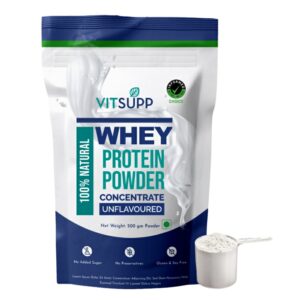Zinc is one of the most important essential trace mineral human body needs. The content of Zinc is second only to Iron in human body.
Zinc body content is approximately 2 to 3 g. Zinc is largely found in intracellular compartment of tissues such as the liver, pancreas, kidney, bone and muscles, with smaller concentrations in the eye, prostate, fingernails, hair and skin.
Humans can get Zinc through the food. Zinc mineral has been used since ancient times to heal wounds.
Zinc plays an important role in the immune system, reproduction, growth, taste, vision, and smell, blood clotting, and proper insulin and thyroid function.
Contents
- Physiological Function of Mineral Nutrient Zinc
- Causes of Deficiency of Mineral Nutrient Zinc
- Health concerns due to Zinc deficiency
- Assessment of Zinc Mineral Status
- Supplementation of Zinc mineral Nutrient
- Best or most Bio-Available or Active form of Zinc Supplement
- Dietary Source of Zinc Mineral Nutrient
Physiological Function of Mineral Nutrient Zinc
Zinc is necessary for growth and development of all living organisms as it is a cofactor for more than 300 enzymes. Zinc plays a very important role in numerous catalytic and regulatory enzymes and in protein folding and receptor binding. Zinc fingers that regulate gene expression represent a key structural role of zinc in proteins and plays important roles in the functions of DNA. RNA, and transcription of receptor factors.
Zinc is a very strong antioxidant and it helps protect cells in the body from damage caused by free radicals. Zinc can neutralize free radicals and may reduce or even help prevent some of the damage they cause. Free radicals are known to induce aging process, heart disease and cancer.
Causes of Deficiency of Mineral Nutrient Zinc
Zinc Deficiency is caused due to:
- Decreased intake of Zinc Rich food
- Mal-absorption in GI
- Diarrhea
- Acrodermatitis entheropathica
- Sickle cell disease
- Pregnancy
- Consumption of Copper rich products or usage of copper utensils
Generally Zinc deficiency has been seen in elderly, alcoholics, people with anorexia, people on very restricted diets and children with autism/ADHD/PDD-NOS.
Health concerns due to Zinc deficiency
Zinc deficiency can result into:
- Rashes
- Anorexia
- Lethargy
- Growth retardation
- Impaired lmmunity
- Slow wound healing
- Altered taste
- Night blindness
- Functional Hypothyroidism
- hWothryro4cksm
- Eye and skin lesion
- Poor carbohydrate metabolism
- Altered cognition
- bacterial and yeast infections
Assessment of Zinc Mineral Status
Direct Markers: RBC, hair, Plasma
Functional Biomarkers: Delta 6 desaturase activity, Zinc Metallothionein
Supplementation of Zinc mineral Nutrient
Children 2-12 years: 8-30 mg
Adult Male: 15-65 mg
Adult female: 15-65 mg
Best or most Bio-Available or Active form of Zinc Supplement
Gluconate, Amino Acid Chelate such as Picolinate, Citrate, acetate, Glycerate, Monomethionine.
Avoid Zinc Oxide or Sulfate as their absorption is very low.
Dietary Source of Zinc Mineral Nutrient
Human body can absorbs as much as 40% of available Zinc from dietary sources. Zinc from animal sources like red meat, fish, and poultry is more readily absorbed by the body than zinc from plant foods. The best sources of dietary Zinc are:
- Red Meat
- Fish
- Poultry
- Oysters
- Cheese (ricotta, Swiss, Gouda)
- Shrimp
- Crab
- Shellfish
Other less Zinc Bio-available sources are
- Legumes (Soybeans, peanuts, pinto beans, lima beans, black-eyed peas)
- Whole Grain
- Tofu
- Brewers yeast
- Mushrooms
- Pumpkin
- Sunflower seeds


